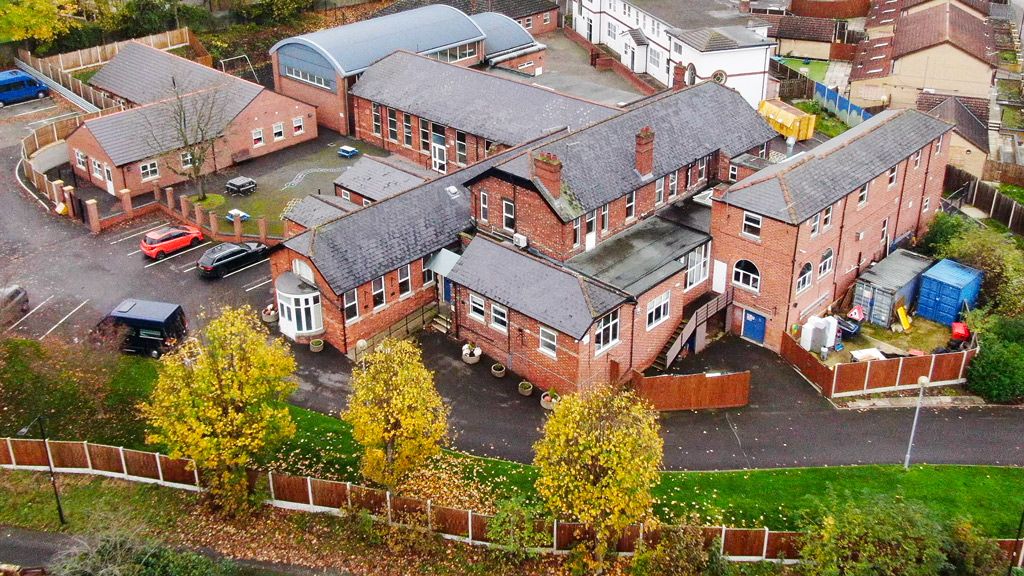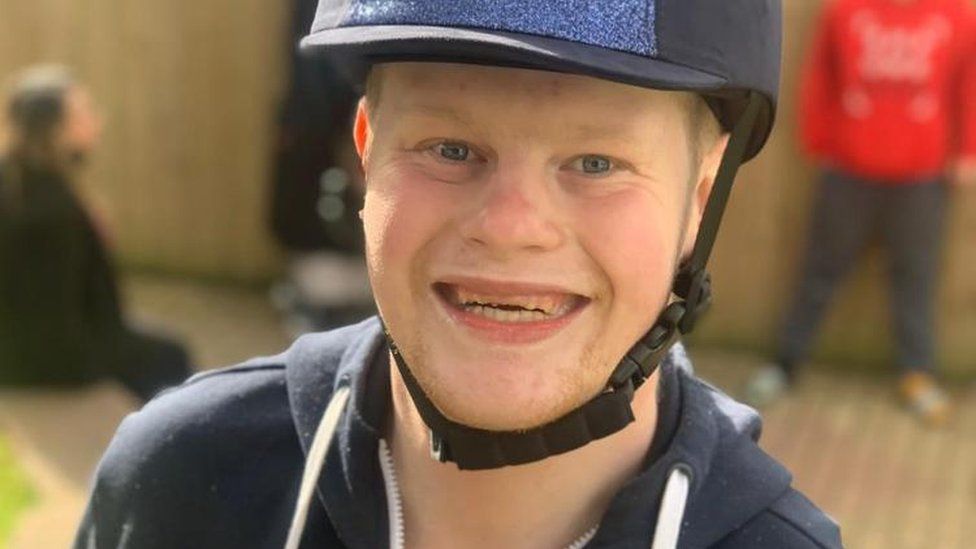
A company which ran children’s homes where residents were systemically abused also failed to prevent adults being harmed, BBC News has learned.
An investigation found 99 cases of abuse at a Doncaster home for vulnerable adults in 2010. One worker even ordered a Taser to use there.
The care home company – Hesley – said improvements were made at the time.
But children at other Hesley homes were later reported to have been punched, kicked and fed chillies.
The BBC reported in January how more than 100 reports of appalling abuse and neglect – dating from 2018 to 2021 – were uncovered at sites run by the Hesley Group. They included children being locked outside in freezing temperatures while naked, and having vinegar poured on wounds.
Now the BBC has obtained confidential reports from within Hesley and the local authority which reveal wider safeguarding failings spanning more than a decade at both children’s homes and placements for vulnerable young adults.
We can reveal:
- Staff members accused of assault were able to leave Hesley and work for different companies after the homes closed
- Hesley failed to immediately refer some staff to the Disclosure and Barring Service (DBS) after abuse reports – while others didn’t have criminal checks verified for months after beginning work
- Vulnerable young adults were found to have faced physical and psychological abuse at its Hesley Village and College, according to a leaked 2010 Doncaster Council investigation
- Hesley’s accounts suggest the chief executive has received at least £5m since being made a director in 2006
Our latest findings come after an expert panel found that residents at the children’s homes had faced “systemic and sustained abuse” in the three years up to March 2021 – when the regulator finally stepped in. All three were closed shortly afterwards.
This video can not be played
To play this video you need to enable JavaScript in your browser.
The homes, which included two residential special schools, held a “good” Ofsted rating throughout. Hesley continues to run a school and placements for adults with complex needs.
‘Strangled’
The BBC has spoken to five families whose children attended the children’s homes.
Oliver is autistic and has complex needs and was placed with Hesley in 2019 when he was 19 years old. His mother, Maria, says she’s been told he’s one of more than 100 young people feared to have been harmed.
She believes her son faced abuse and neglect despite his placement costing taxpayers around £300,000 a year.
When she visited him, Maria says she would frequently find him wearing no underwear and with unexplained bruises.
Maria says she was informed on one occasion that a member of the public – with a background in social work – had reported witnessing her son being strangled by staff in a minibus on a school trip.
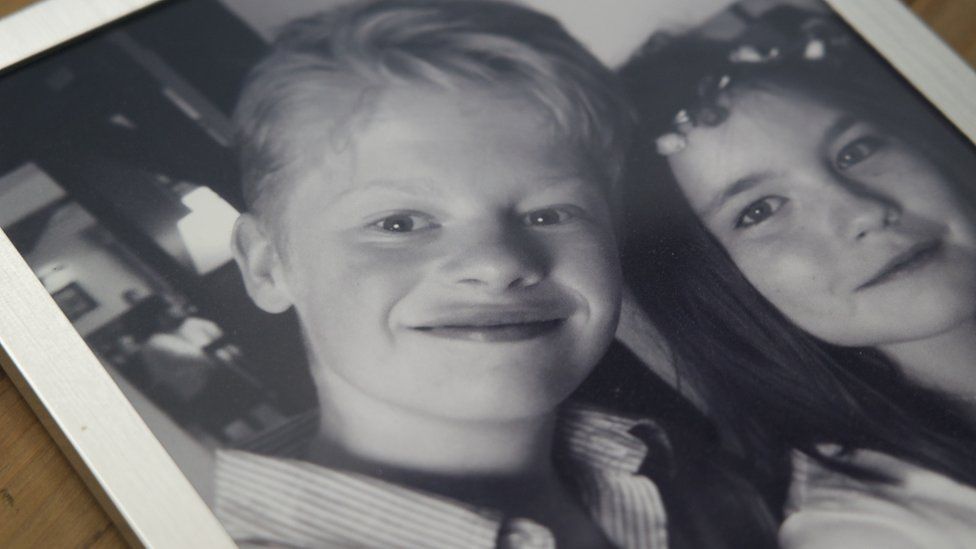
Maria says documenting incidents and contacting bosses about worries became a “full-time job”, but she was left feeling “powerless”.
One email sent to the chief executive Chris McSharry – among dozens seen by the BBC – shares her concerns of a “culture of institutional abuse” two years before the site’s closure.
“I felt I should be able to protect my son from harm but I couldn’t,” she wrote.
Taser
The BBC has obtained a confidential report – produced by Doncaster Council – which reveals how vulnerable young adults were abused in a Hesley home in 2010 – eight years before assaults are documented to have begun at the children’s homes.
The council report – prompted by safeguarding concerns – details 99 cases of abuse it regarded as “proven” involving young people aged 18 and over who have a range of complex needs.
These included physical assaults, peer-on-peer abuse and neglect.
A number of failings, such as staff sleeping on duty and residents being found in soiled clothing, mirror later neglect reported in Hesley’s children’s homes.
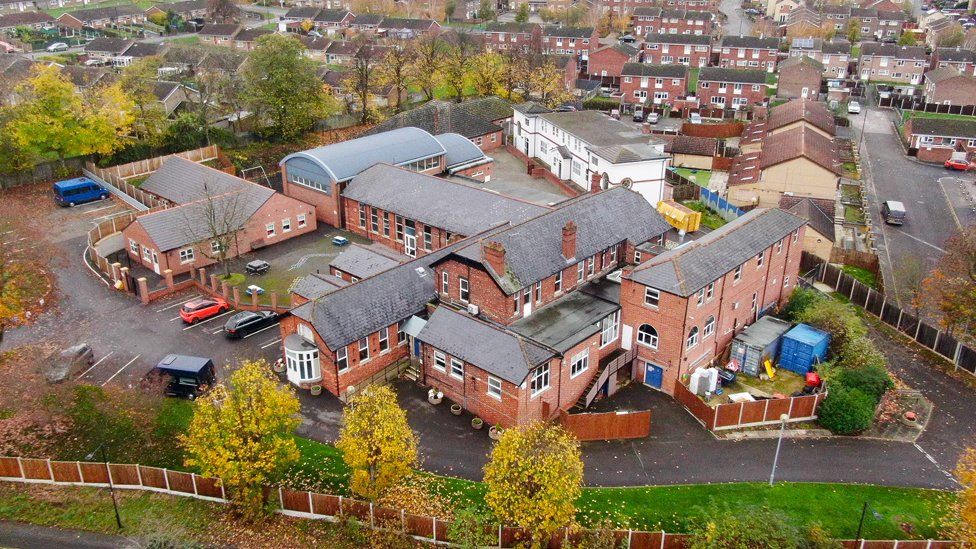
Investigators learned that one resident – who required one-to-one supervision at all times – had been found unsupervised, wearing a soiled incontinence pad in a bath full of dirty water and faeces, after their carer had left the home during a shift.
A staff member also admitted ordering a taser from abroad to use in the home. Although the electronic stun device was never delivered – it was impounded by Customs and Excise – the worker told investigators he had bought it with the intention of using it as a last resort in the home, because he felt he didn’t have enough protection there.
Hesley says changes were made in response to the 2010 investigation and “poor outcomes” it was aware of at the time – and regulators were “satisfied”.
But the report’s author, Kevin Stolz – a social worker who ran Doncaster Council’s investigation team – says lessons have not been learned. When we tracked him down he told us that reports of abuse at Hesley homes nearly a decade later, was “history repeating itself”.
“[The 2010 report] doesn’t seem to have had any impact at all. Local authorities just continue to feed people into this system and Hesley continues to make these massive profits.”
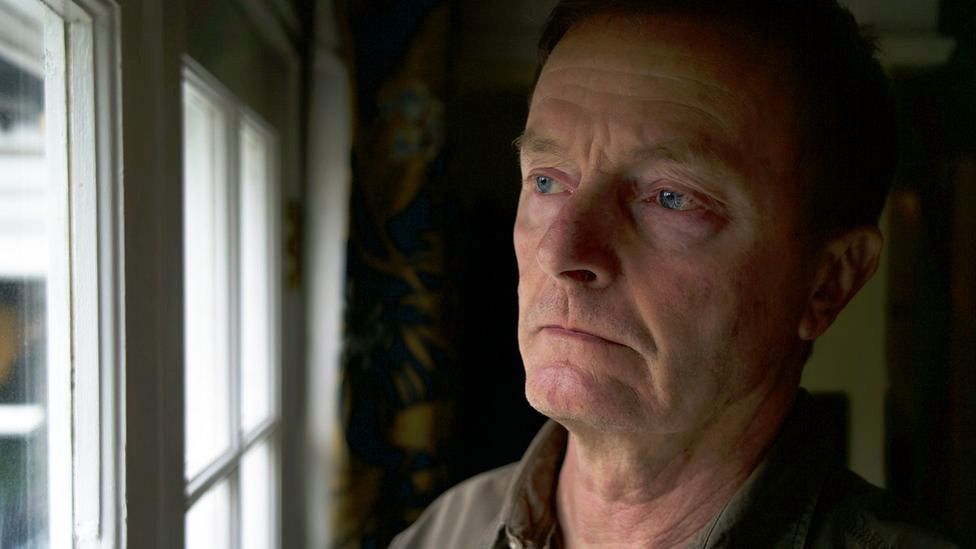
Hesley’s latest accounts recorded a 16% profit of £12m for all the sites it runs – almost the same margin (17%) regarded as “excessive” by a government watchdog.
‘Deeply shocking’
The BBC has also obtained another report – an internal Hesley document – which casts further doubt on how far lessons were learned.
Written by a Hesley social worker, it criticises how the company investigated reports of abuse in its children’s homes between 2018 and 2021 – with cases having been closed “without rationale”.
The report found thresholds which required staff to be suspended were met but not followed, and risk “was simply transferred” by moving support workers to care for different children.
It concludes: “We portray an ethos that the welfare of the child is paramount, yet our approach at times has been to focus on disproving the allegations.”
BBC News has learned that some staff members accused of abuse between 2018 and 2021 were not immediately referred to the DBS.
Other staff facing allegations of physical assault were also able to leave Hesley and work with vulnerable children at different providers following the homes’ closure.
The findings are “deeply shocking”, says Robin Walker MP – the Conservative chair of the Education Select Committee.
“This fundamentally shows a company that is repeatedly not following the rules, not meeting its safeguarding responsibilities, that should be a red flag to the system as a whole.”
Hesley has repeatedly declined to be interviewed but, in a statement, said it’s aware of six cases where it was unclear if a DBS referral had been made at the time but had been now. It said the majority of its records showed that referrals had taken place but its systems “should have been more robust”.
It added that it did not redeploy staff where there was a known safeguarding concern and that references provided to those who then joined other companies were factual and agreed by the local authority.
The BBC has spoken to one company which says it took months to be notified – by the local authority – that a support worker employed from Hesley was facing abuse allegations.
Education Secretary, Gillian Keegan, has repeatedly declined to be interviewed about Hesley or comment on the remuneration received by its chief executive.
In a statement, the government said it was “horrified” by events at Hesley and plans to strengthen standards in children’s social care.
Last year, it also promised reform after the BBC learned that children in care had reported being groomed and sexually assaulted in homes run by a different firm making huge profits.

Do you have more information about this story?
You can reach Noel directly and securely through encrypted messaging app Signal on: +44 7809 334720 or by email at noel.titheradge@bbc.co.uk

Related Topics
-
-
18 August 2022
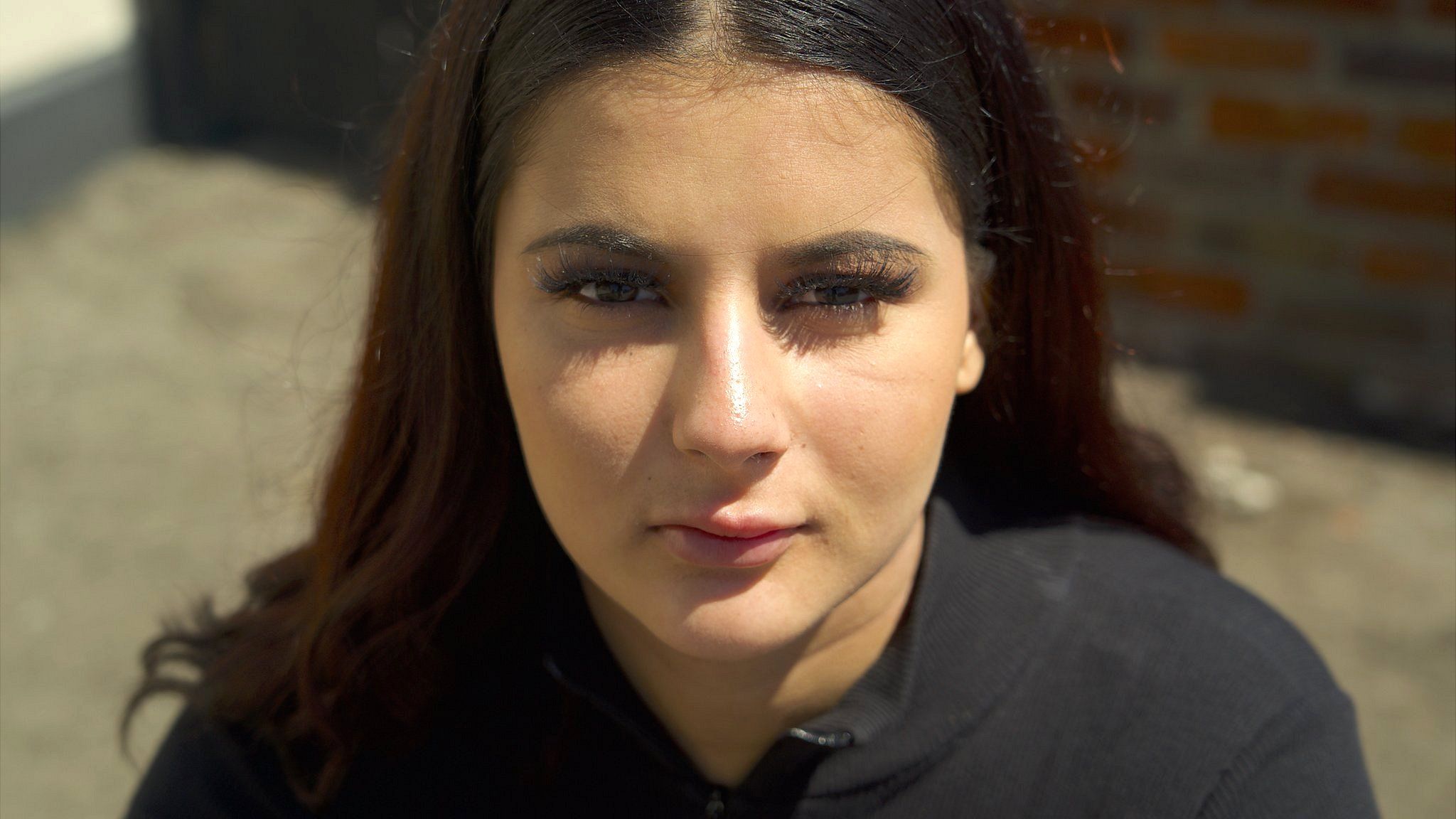
-

